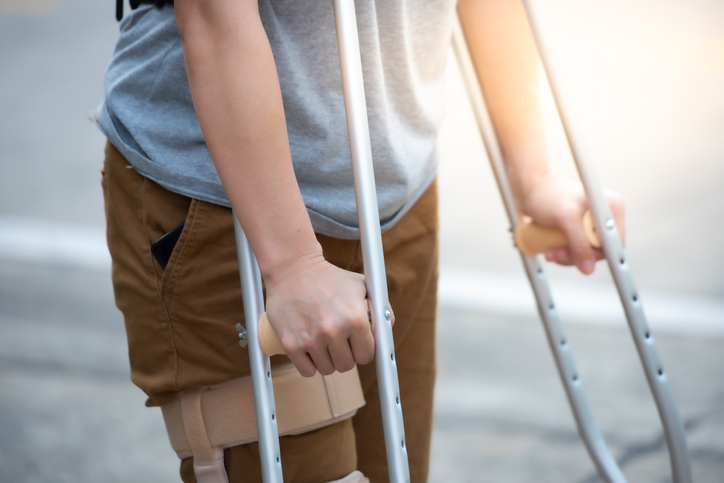If you’ve been a victim in an accident and have experienced an injury impacting your ability to work, being able to regain any lost wages can be what makes or breaks your financial future. In addition to staying on top of bills and day-to-day expenses, chances are you’ll also need to balance hospital and/or medical bills.
Luckily, you are legally entitled to recoup any lost wages. But, in order to access those funds, you may need the help of an experienced personal injury attorney; the process can be complex, but the right lawyer can help you see the funds rightly owed to you.
Types of lost wages and how to calculate them
Hourly wages: To get an idea of just how much money you have been losing due to lost wages, you can quickly calculate and track by multiplying the number of missed workdays by the number of hours you normally work per day and by your hourly wage. So, for example: If you’ve missed two weeks of work (14 days), normally work eight hours per day, and earn $20 per hour, you’ve lost $2,240 in wages.
Overtime: When filing claims for lost wages, you can also include overtime money in your case. Tracking these payments can be a little tricky, especially if you don’t consistently work overtime. One of the best ways to help support this cost, is to collect past pay stubs with overtime pay to help track payment patterns (for example, if you often work overtime over the holidays and were unable to work over a holiday, you can retain copies of paystubs from the previous holiday season tracking overtime pay incurred previously).
Tips: You can also cite lost tips, when reporting loss of wages. However, we should note: If you don’t normally report your tips, you will likely be unable to recover them as lost wages. In order to track and file for these funds, you must be able to show tax records or bank records reflecting regular allotment.
Bonuses or benefits: If your accident causes you to miss work that contributes to an annual or quarterly bonus, you can also seek compensation for those lost funds. Much like overtime hours tracking, you can supply previous pay stubs or HR records outlining what bonuses are allocated to you. Additionally, if your job also includes perks and benefits that you may not have access to while injured and out-of-work, you can also petition for financial compensation in the value of those benefits.
Sick days or vacation days: You may be surprised to learn that if you’ve been absent from work due to an injury—you may still be able to access funds from your paid sick or vacation days. For example, if you exhaust your sick days due to an accident preventing you from work—you have the right to receive equal and fair value for those sick days. And, if being away from work prevents you from collecting vacation days—you can ask for compensation in the value of those lost vacation time.
Providing proof of wages lost
As you prepare to make a case for lost wages, you’ll need to gather information supporting your claims. Some things to keep in mind as you review your records and collect documents:
- Recent W-2s
- Documents from the last few tax years
- Work pay stubs from a few months prior to your accident, as well as after your accident (showing work time reductions or wages lost)
- Work documents outlining your current salary or wages
- If you receive insurance and benefits through your employer, you’ll also need documents from your employer and/or insurance company capturing payment and deduction info
- If you’re a self-employed or a business owner, be sure to include pertinent tax returns citing this (and your business’ banking records)
- If you’re a freelancer or contract worker, you can also include letters from clients for whom you may have not been able to finish jobs or conduct regular business with, due to your injury.
How we can help
The process of establishing lost wages—and proving them out—is an in-depth and technical process. To help you build your case, having a knowledgeable attorney in your corner is essential.
To make sure you receive the funds rightly owed you, a personal injury lawyer is essential. The process of collecting records and establishing your claim can be an in-depth, technical process that's difficult to tackle on your own.
Please give us a call. We’re here to help you figure out how best to prove your lost wages—and get the maximum compensation reimbursement available. Give us a call at (888) 253-4071; our team will do the heavy lifting, so you can focus on your recovery.
Note: This blog is intended to be informational only and shall not be construed as legal advice.


